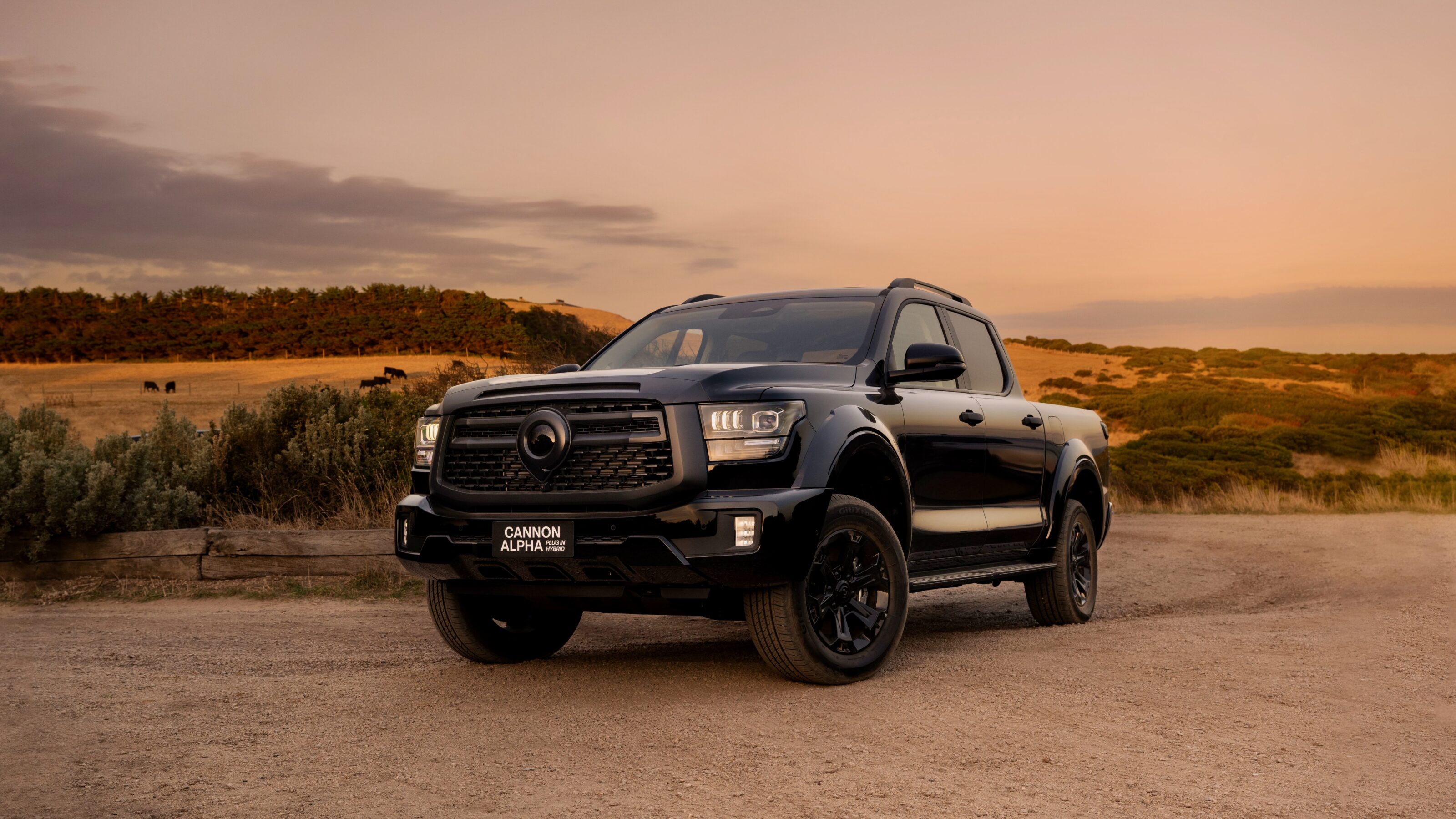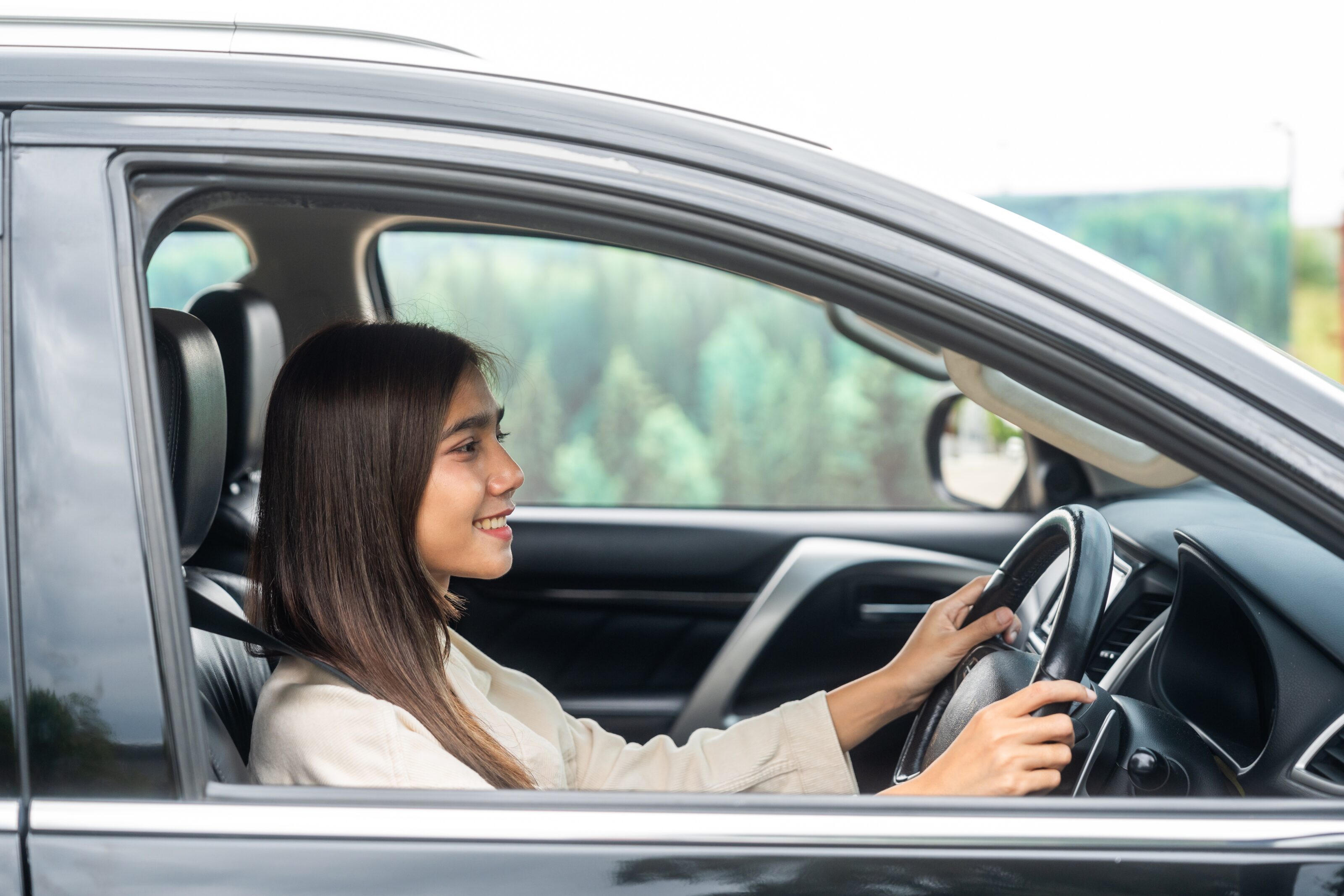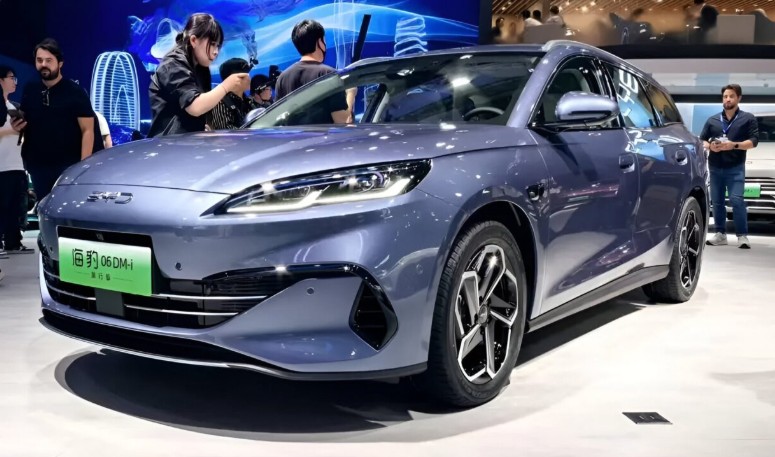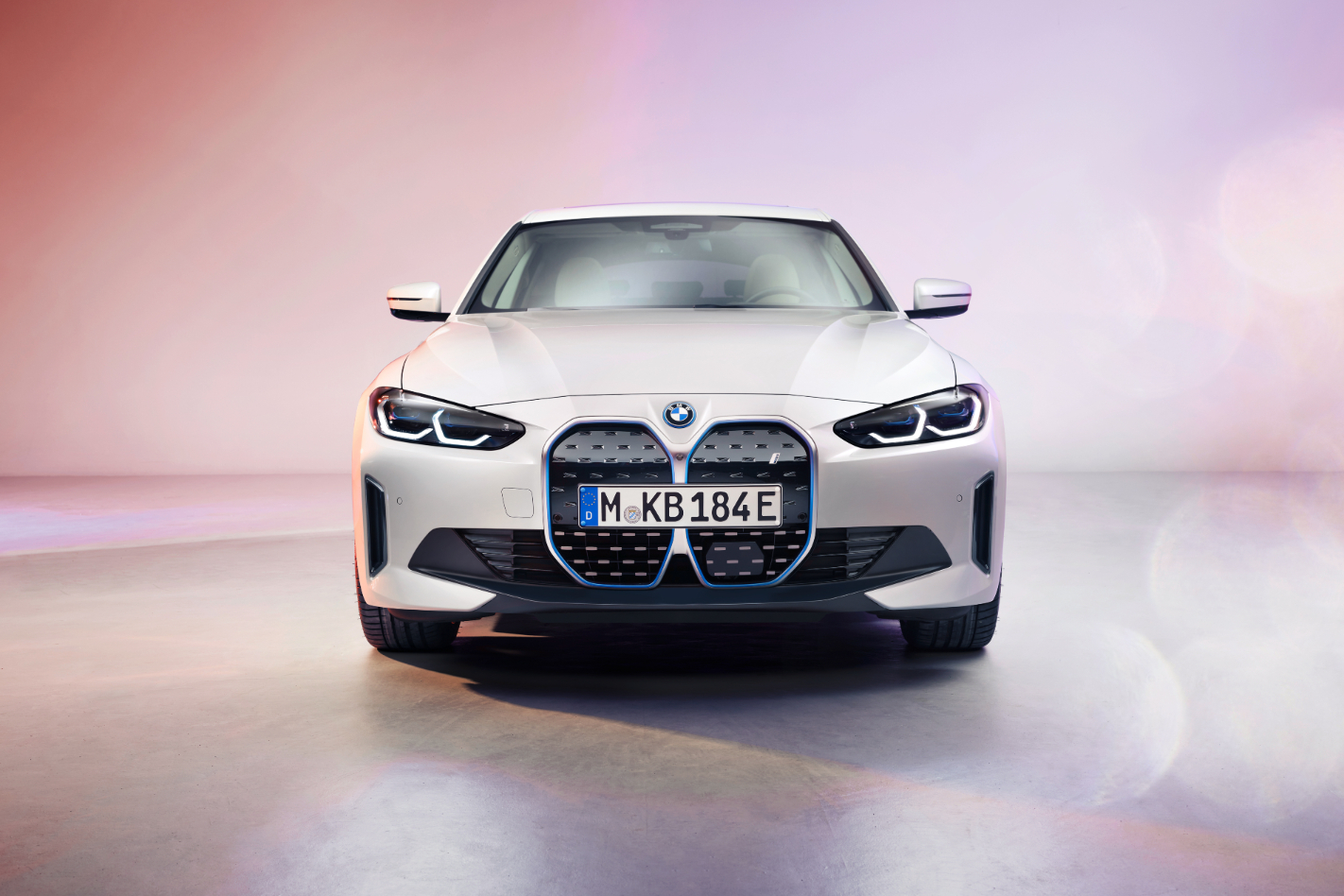
September 2023: Neue Klasse sedan concept previews next i3 & 3 Series
BMW has unveiled its new Neue Klasse sedan concept, revealing our clearest look yet at how the next i3 and 3 Series models will look.
Details at the link below.
Story continues…
BMW has laid out its blueprints for the next decade in a statement released yesterday, and one of the key points is that from 2025, all models will fall under a new system the Munich firm has coined “Neue Klasse”.
The Neue Klasse (new class in English) is part of a tiered plan BMW claims will completely transform the company and its products by 2030.
According to the automaker, all Neue Klasse vehicles will be characterised by three principles – “redefined IT and software architecture”, “high-performance electric drivetrains and batteries”, and a “new approach to sustainability across the entire vehicle life cycle.”
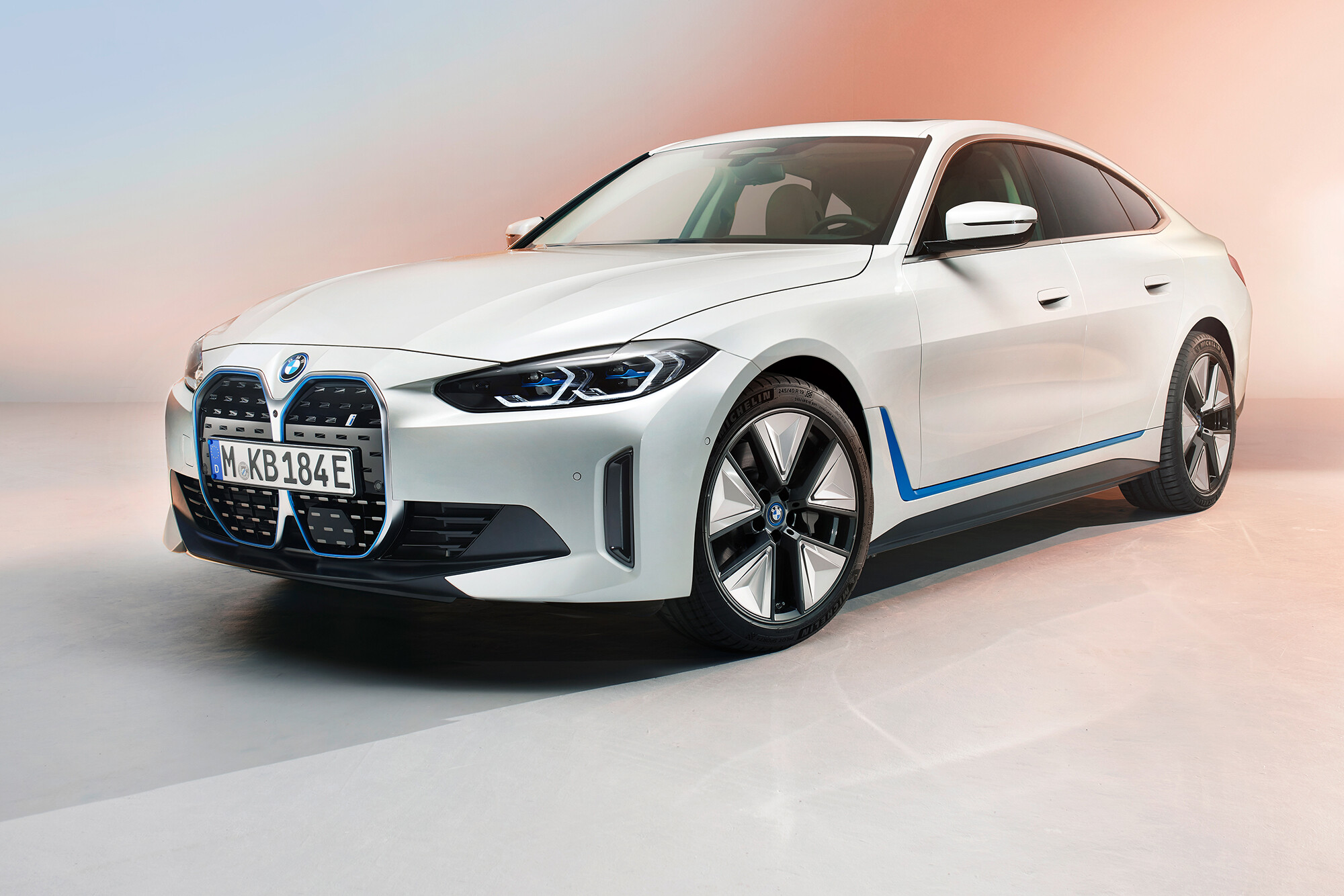
The architecture of these vehicles will be designed from the ground up with an emphasis placed on electric drivetrains, as BMW claims full EV models will account for at least 50 per cent of global deliveries by 2030.
Vehicles will be aerodynamically designed with a focus on EV drivetrains too, and will have proportions geared towards roomier interiors.
The next-gen automobiles are also being designed to offer occupants an experience that will be years ahead in terms of technology.
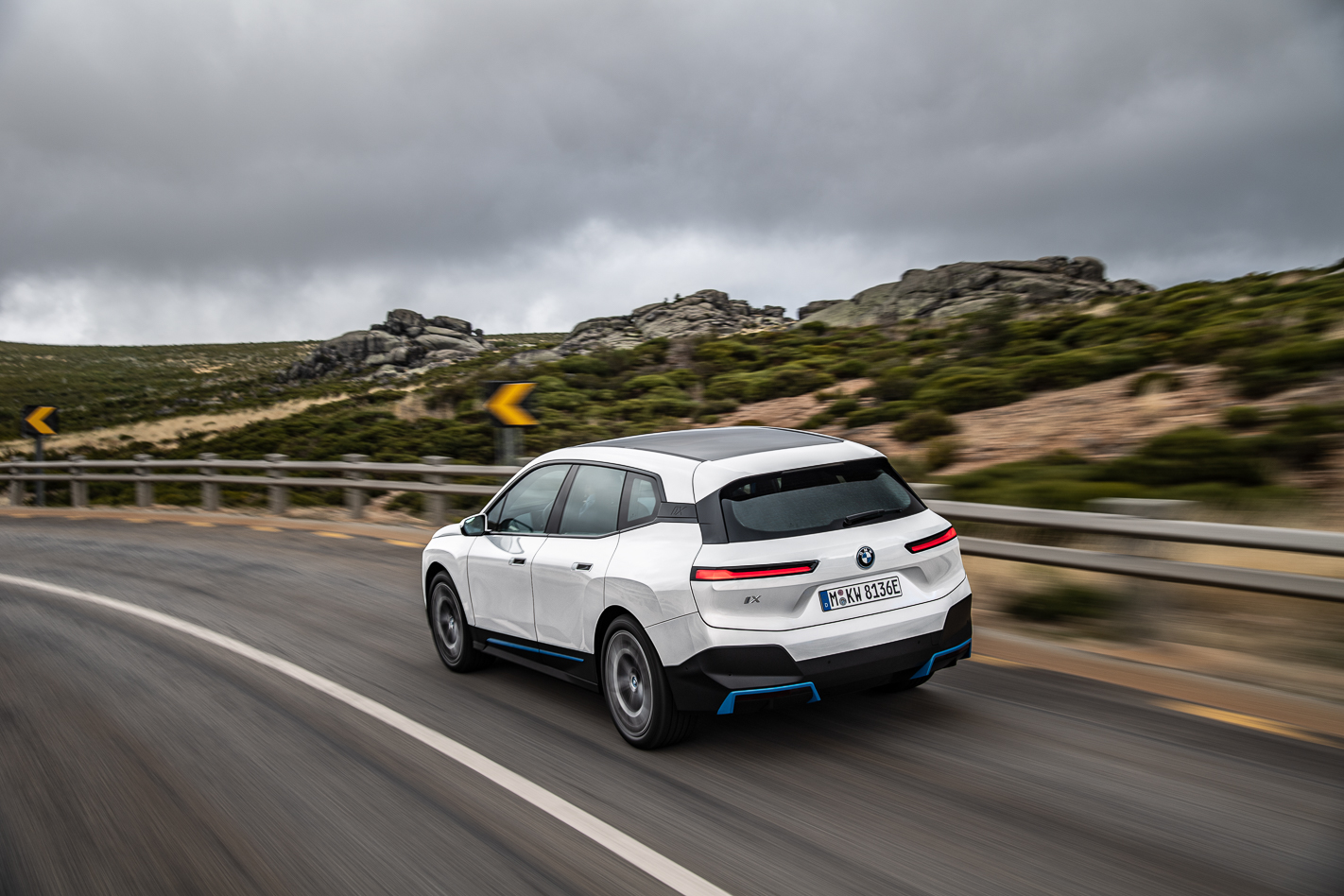
“The BMW Group is never satisfied with what it has achieved so far – that’s what sets it apart from the rest of the field,” Oliver Zipse, chairman of the board of management of BMW, said.
“This spirit will characterise the Neue Klasse: high tech on four wheels for customers intent on experiencing in just five years’ time how mobility will feel in 2030.”
Another key ingredient of the Neue Klasse initiative is something BMW has called “regionalisable technology stacks”.
Translated, these stacks will enable vehicles to autonomously customise their operating systems to suit different regions across the globe, which will enable them to better align themselves in several digital ecosystems.
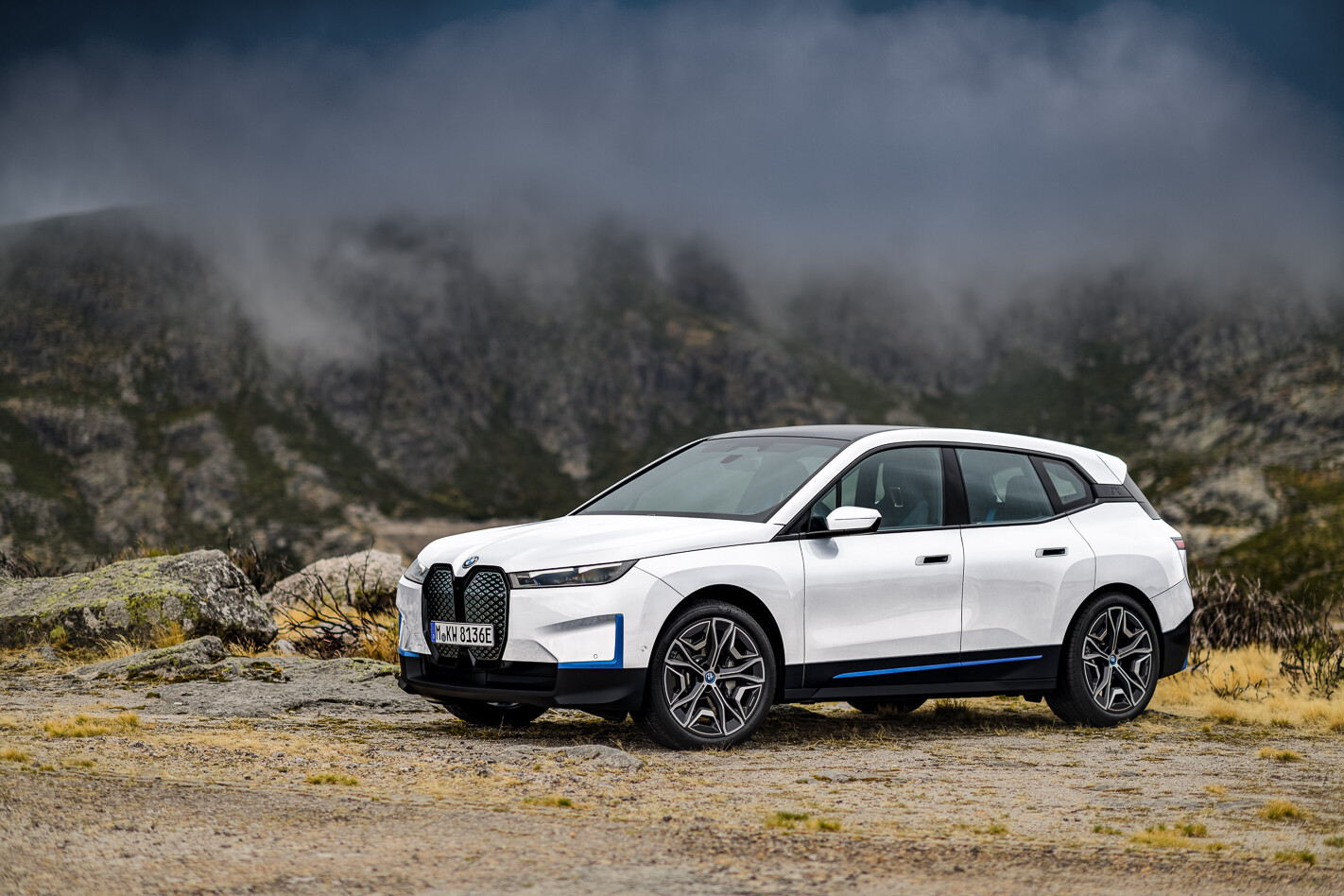
The operating systems will also continually update itself, which BMW says is an evolution of what owners have been able to do since 2018 when remotely performing software upgrades.
Another feature will allow owners to make in-car purchases through the operating system to customise their vehicle and make bookings for services.
BMW believes in-car purchases will be another source of revenue that will span the lifetime of the vehicle.
It’s a concept not too dissimilar from what happens in the video game industry with in-game purchases, and there’s no denying – it’s got potential.
Autonomous driving will be at the forefront of Neue Klasse models too, as will revolutionary driver assistance systems.
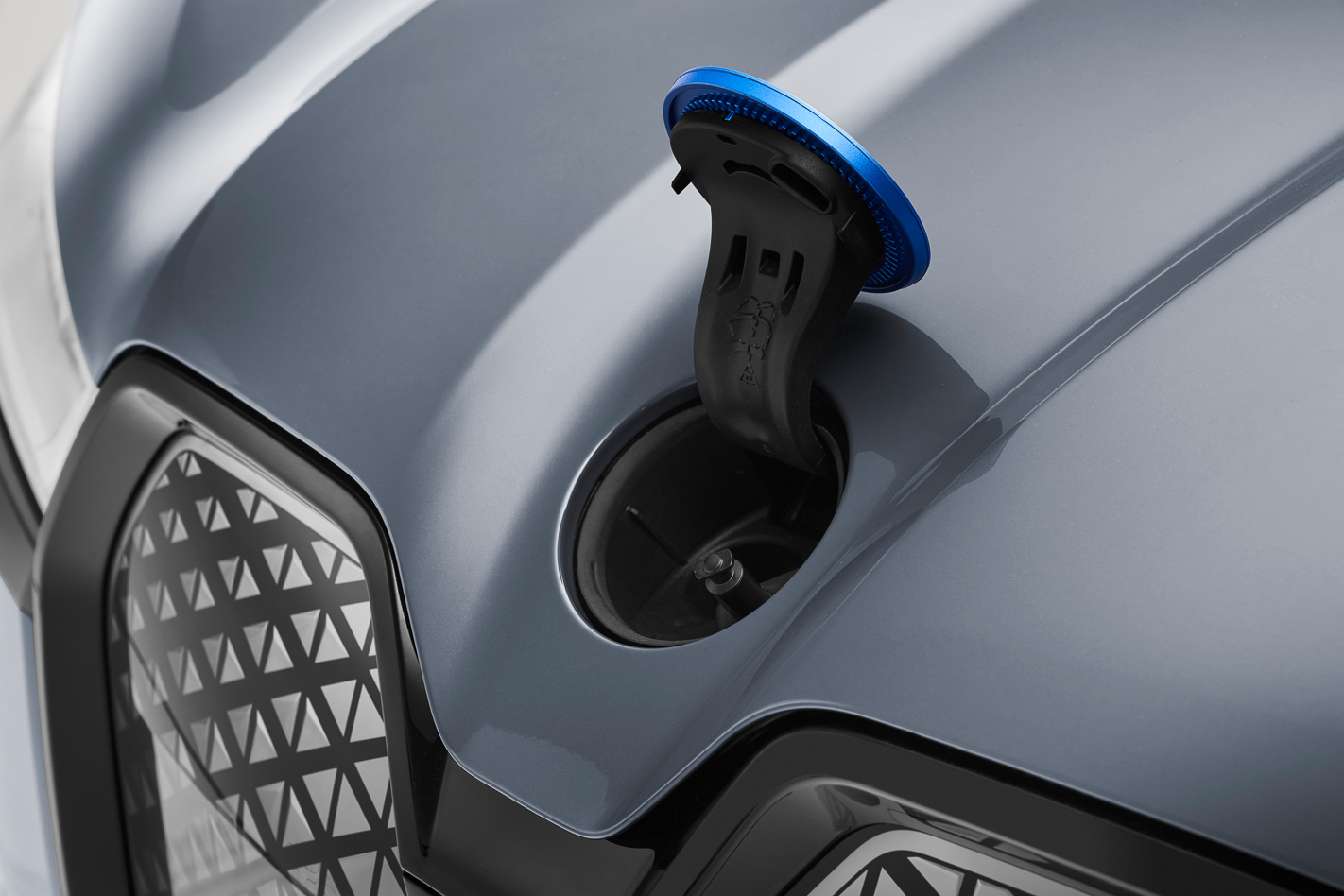
Powering the vehicles will be a next-generation electric drivetrain, which will feature an integrated high-voltage battery concept and optimised cell design.
The new drivetrain concept will significantly lower electricity consumption, and ultimately, the automaker hopes the new battery tech will provide the same range and cost the same to manufacture as the newest combustion engines.
Powertrains will also feature eminently scaleable modules that can be applied to any vehicle across the range, whether it be a run-of-the-mill city car or a high-performance BMW M model.
The Munich firm even mentioned it is toying with the idea of creating an electric drivetrain based on the hydrogen fuel cell.
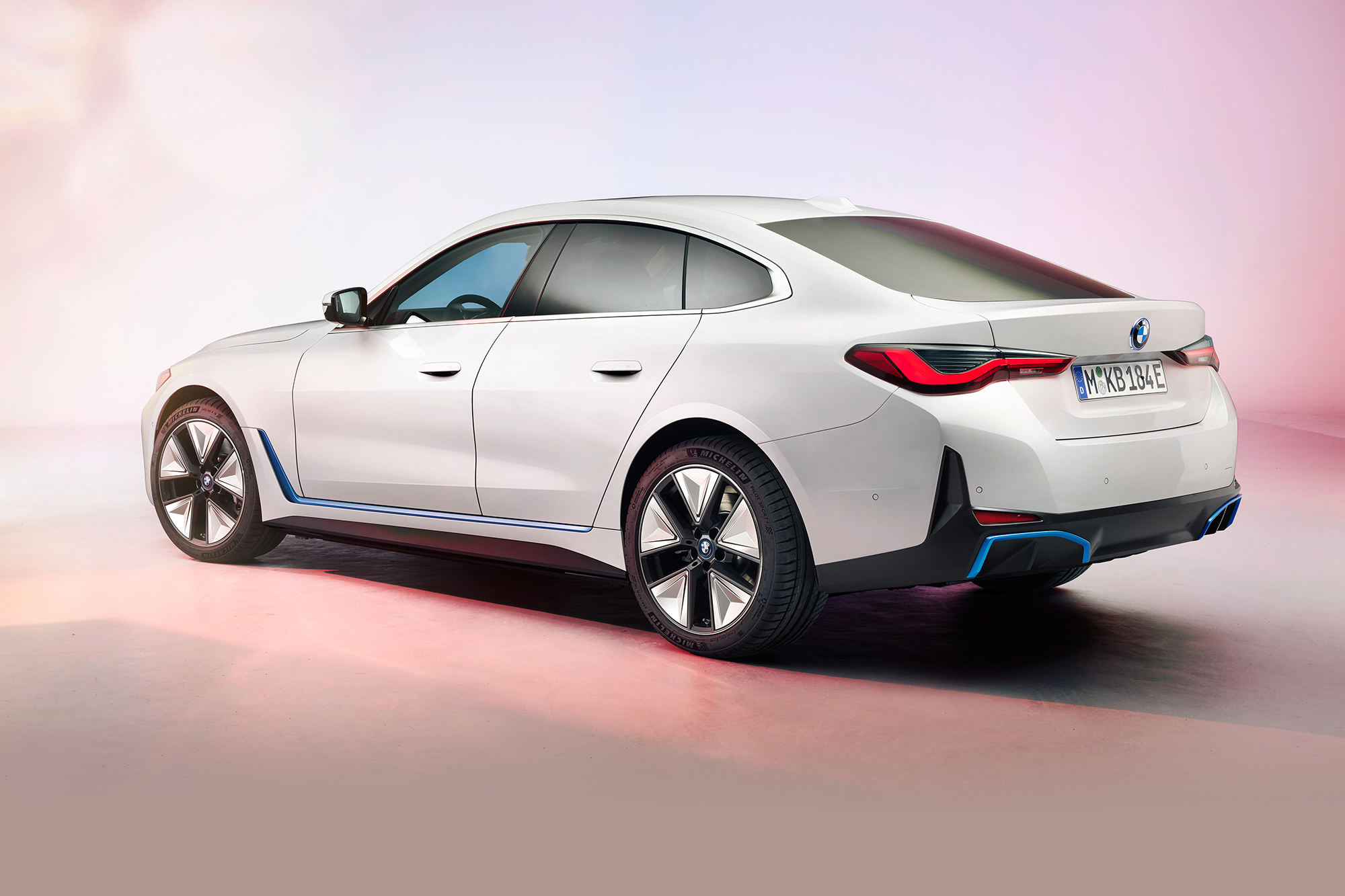
The final cornerstone of the Neue Klasse is sustainability, with BMW looking at pioneering ways it can produce cars that are less harmful to the environment.
“We are intent on ensuring that the ‘greenest’ electric car on the market is made by BMW,” said Zipse.
BMW believes it can achieve this by ensuring its manufacturing facilities are powered by renewable energy and by making parts of its cars from “secondary materials”, such as recycled plastic, aluminium, and steel.
The automaker has also said it is closely looking at switching to a “secondary first” approach, which would see recycled materials used as the primary option for vehicle manufacturing.
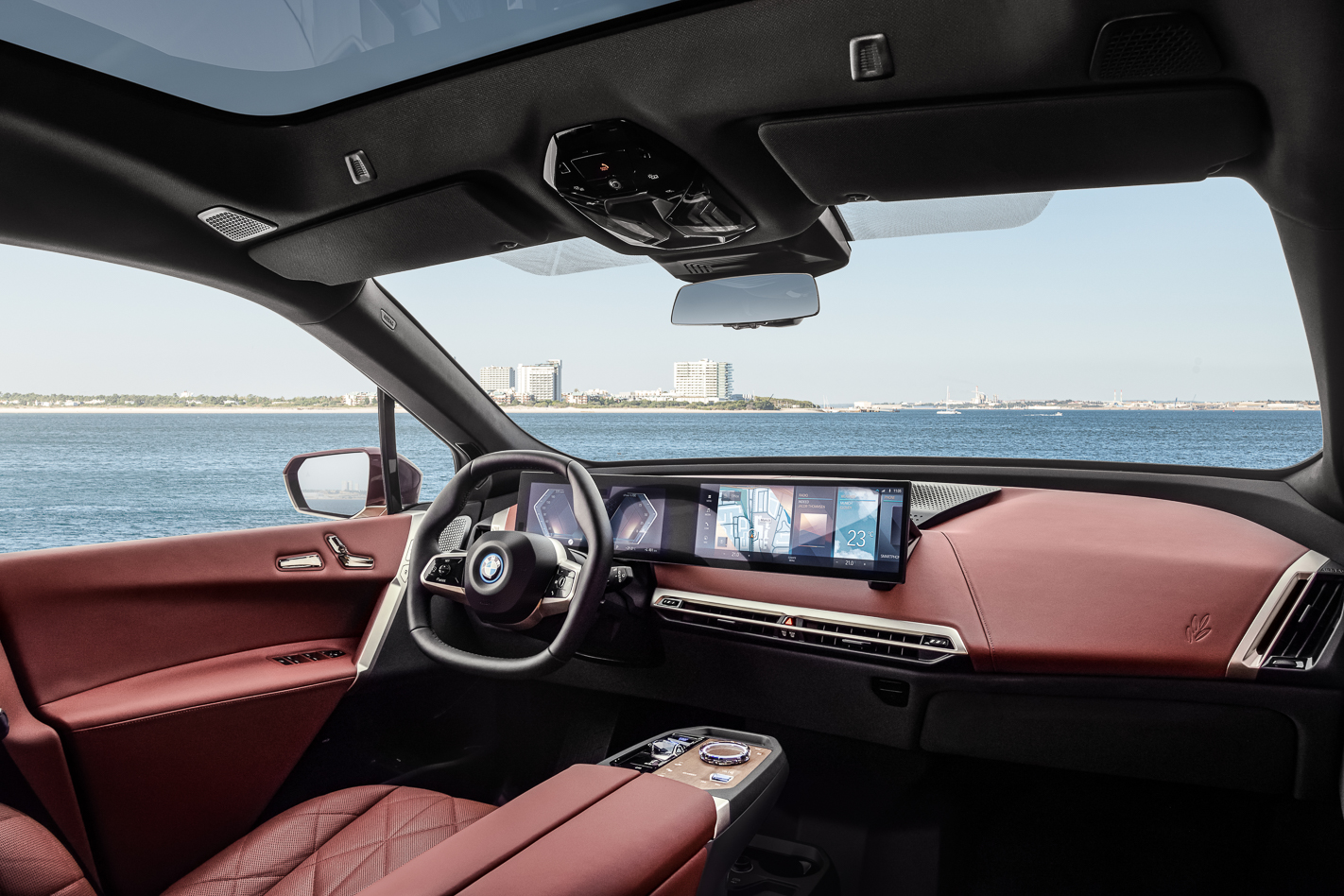
The automaker says this is possible thanks to the wealth of knowledge it gained from the decade of research it did when designing the i3 city EV, which uses approximately 25 per cent recycled components in its exterior body panels.
These are some ambitious claims made by BMW, but it’s a philosophy already being evidenced with vehicles like its recently unveiled i4 gran coupe and iX SUV.

